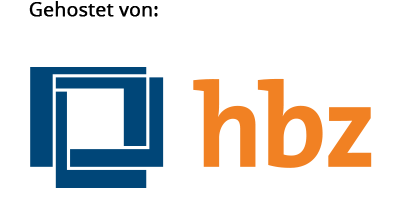Are some Communication Channels More Suited for Populism Than Others? A Comparison of Populist Communication in Facebook Posts and Party Press Releases in the German Election Campaign 2017
DOI:
https://doi.org/10.24338/mip-202320-44Schlagworte:
Populist Parties, Populism, Communication, Facebook, Social mediaAbstract
During the last decade, the vote share of populist parties in Europe has increased drastically. Research suggests that social media is a driving factor of this success, as the social media logic is well compatible with populist ideas. However, few studies have empirically investigated how prevalent populist communication is on social media compared to other communication channels. The article aims to close this research gap. The study analyses the parties’ Facebook posts and press releases by using a novel dataset covering political communication during the German election campaign of 2017 (n=1,216). The findings reveal that populist communication was less prevalent on social media than expected, even in the case of the right-wing populist AfD. The direct comparison of parties’ Facebook posts with their press releases shows that populist communication was, surprisingly, much more prevalent in the latter. This could be due to the fragmented nature of online populist communication and non-political content that is typical for social media communication. However, to some extent, this is also explained by the varying length of the two text types. When controlled for length, posts were more likely to contain anti-elitist rhetoric. The findings suggest that the problem of social media with populism is not necessarily related to the content that parties produce but the users’ reactions towards it, which are driven by polarisation-favouring algorithms. The results also contribute to the broader discussion of strategic aspects of populist communication and call for further research on the role of different communication channels and platforms in political discourse.
Downloads
Veröffentlicht
Ausgabe
Rubrik
Lizenz
Copyright (c) 2023 Jan Philipp Thomeczek

Dieses Werk steht unter der Lizenz Creative Commons Namensnennung 4.0 International.


